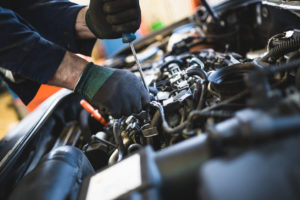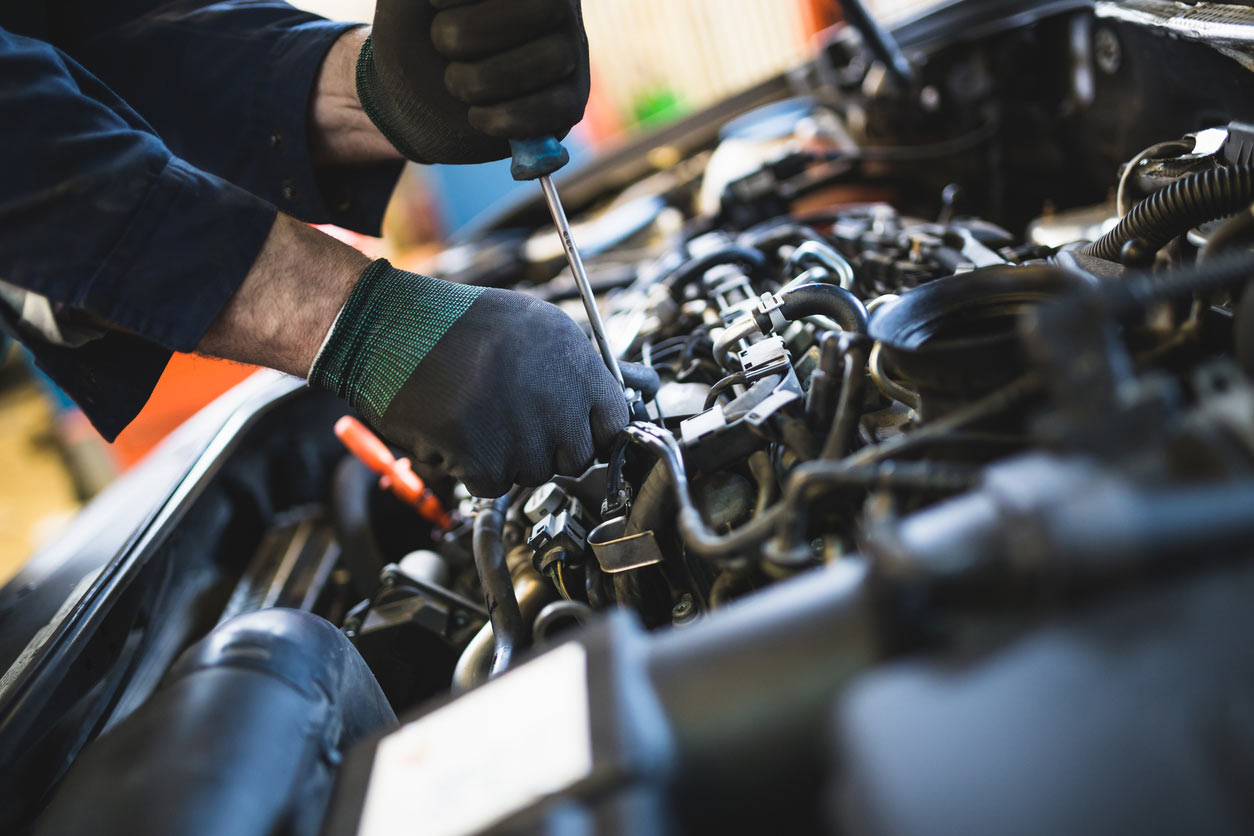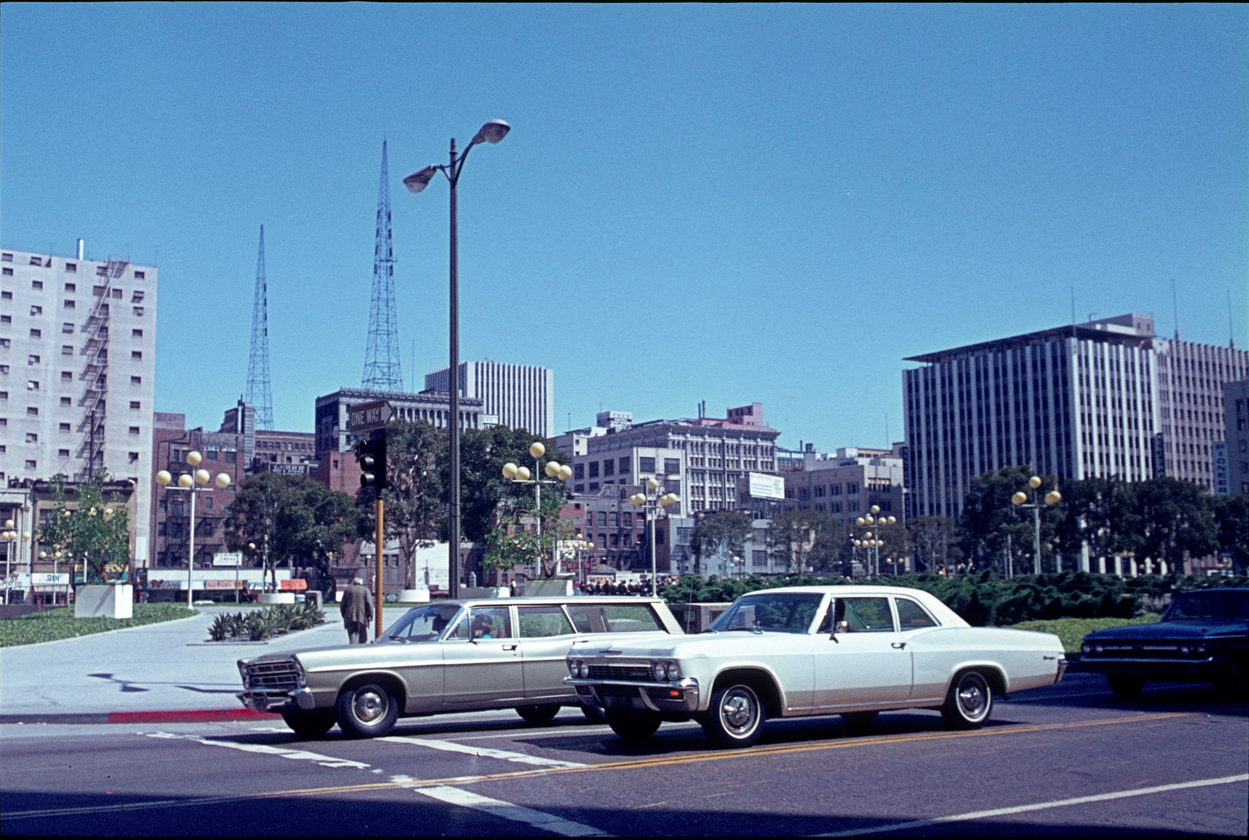 There are three, not two guaranteed things in life: Death, taxes, and car repairs. As much as death and taxes repulse us, car repairs can take us to another level of heightened stress.
There are three, not two guaranteed things in life: Death, taxes, and car repairs. As much as death and taxes repulse us, car repairs can take us to another level of heightened stress.
Just ask Missy Gaynor.
Missy began experiencing issues with her car’s heating and cooling system. “I went to four repair shops and visited with the dealership that sold e the car. It took more than six months for me to get someone to detect and fix the problem.”
Unfortunately, Missy is not alone. Because of the major headaches experienced by car owners, the California Bureau of Automotive Repair offers consumers recommendations that should make it easier to receive first rate auto repair service.
Read and Follow the Vehicle Owner’s Manual
Car owner’s manual offer you guidance on how to take care of your vehicle. Most owner’s manuals contain graphics that explain the meaning of every warning light. Paying attention to the activation of a warning light goes a long way towards preventing a minor problem from turning into a major costly headache. You also need to monitor the performance of your vehicle daily. Anything out of the ordinary requires the immediate attention of an experienced car repair professional
Where Do You Take Your Car for Repairs?
Most auto repair experts say the answer to this question is “Depends.” Car dealerships employ professionals who have vast knowledge about the make and model of your vehicle. Auto dealership mechanics often receive specialized training that makes them the most skilled auto repair specialists. However, dealerships typically charge more than auto repair shops. The labor charged by general repair shops is less than the labor charged by car dealerships. Auto repair chains focus on one repair job, whether the area of focus is oil changes or brake replacements.
Cost Estimates
The California Auto Repair Act of 1971 requires auto repair shops to provide a written estimate of the work to be performed on a vehicle. If you encounter a shop that begins repair work, without providing you with a written cost estimate, you have the legal right to contest the charges. Some auto repair shops charge a fee to perform estimates. Make sure the fee is clearly described by one of the certified technicians working on your car.
More about the California Auto Repair Act of 1971
In response to growing consumer complaints about shoddy auto repair work, the California legislature enacted the California Auto Repair Act of 1971. The law mandates auto repair shops to provide customers with a detailed invoice of the work performed on a vehicle. If you request the return of replaced parts at the time of creating the work order, the shop must comply with your request. Customers must present questions about any repair work done to the manager of the auto repair shop or to the supervisor of the dealership auto repair department.
California Unfair Practices Act
Most states have some type of law that handles unfair and deceptive business practices. The California Unfair Practices Act represents one of the toughest consumer protection laws in the United States. Passed to forbid price discrimination, the California law got much of its legal language from the groundbreaking federal statute called Robinson-Patman Act. The California Unfair Practices Act prohibits businesses such as auto repair shops from “engaging in unlawful price discrimination.” Auto repair chains that dominate local markets can engage in price manipulation that involves charging more for services because of the lack of competition.
As a division of the California Department of Consumer Affairs, the California Bureau of Automotive Repair (BAR) enforces the California Auto Repair Act of 1971. If you feel an auto repair shop has broken the law, contact a licensed California consumer protection attorney to receive a free initial consultation.





